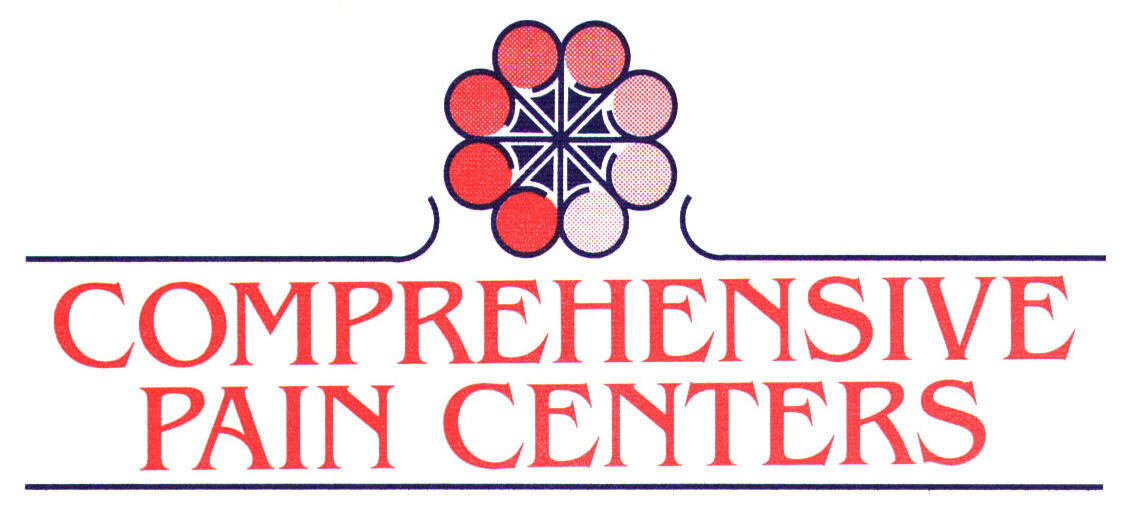Could My Rash And Pain Be Shingles?
Shingles is a fairly common infection of the nerves. It usually occurs on one side of face or body. It presents as painful blisters or a rash. Early signs of shingles can be burning or shooting pain, tingling and/or itching. The pain can persist after the rash is gone.
Causes of Shingles
Shingles is common in people over 50 years of age, with weakened immune systems, due to a reactivation of the chickenpox virus. This virus can sit dormant in the nerves for many years.
Symptoms of Shingles
Symptoms vary by patient and may include:
Pain in the area of the skin where it is sensitive; tingling and itching before the rash appears.
Rash, which typically appears after 1 to 5 days once symptoms begin, and initially looks like small, red spots that will turn into blisters
Blisters that turn into scabs over 7-10 days, clearing within 2-4 weeks
Other early symptoms of shingles may include:
Stomach upset
Feeling generally unwell
Fever and/or chills
Headache
Diagnosis of Shingles
If you have symptoms like these, get in touch with your healthcare provider. S/he will know from physical examination as well as comprehensive history specifically if you have history of chickenpox in the past whether your suffering from shingles.
Shingles treatment
There is no cure. Shingles simply has to run its course. Treatment is focused on pain relief. Antiviral drugs may help lessen some of the symptoms and reduce nerve damage. There are other treatments that can help lessen symptoms:
Creams or lotions to help relieve itching
Cool compresses applied to affected skin areas
Antiviral medicines (such as acyclovir, valacyclovir, and famciclovir)
Steroids
Antidepressants
Anticonvulsants
injection therapy
If all else fails in alleviating ongoing pain, consider spinal cord stimulation
What are the complications of shingles?
The main complications that can result from shingles include:
Postherpetic neuralgia (PHN). One of the most common complications of shingles is postherpetic neuralgia. And, the elderly are at much greater risk for developing post herpetic neuralgia. If you had severe pain during the active rash stage of the virus, or have impaired senses, you are at increased risk for PHN. The usual presentation of PHN pain is shooting, stabbing, burning, sensitivity to light touch and sensitivity to temperature. Early treatment of shingles may prevent PHN. Pain relievers and steroid treatment may be used to treat the pain and inflammation. Other treatments include antiviral drugs, antidepressants, anticonvulsants, and topical agents.
Bacterial infection. A bacterial infection of the skin where the rash happens can be another complication. Additionally, when this infection happens near or on the eyes, a corneal infection can happen. This can lead to temporary or permanent blindness.
Can shingles be prevented?
If you are over 50 years of age, you should talk to your healthcare provider to get vaccinated for shingles. There are two different vaccines available to prevent shingles.
When should I call my healthcare provider?
To reduce the severity, and shorten the length, of the illness, treatment must be started as soon as possible. If you think you have shingles, call your personal healthcare provider, or Comprehensive Pain Centers as soon as possible.
At the Comprehensive Pain Centers of Allentown, our pain management specialists are experts in treating shingles pain. If you’re experiencing pain from shingles/post herpetic neuralgia, contact us today for a consultation.
